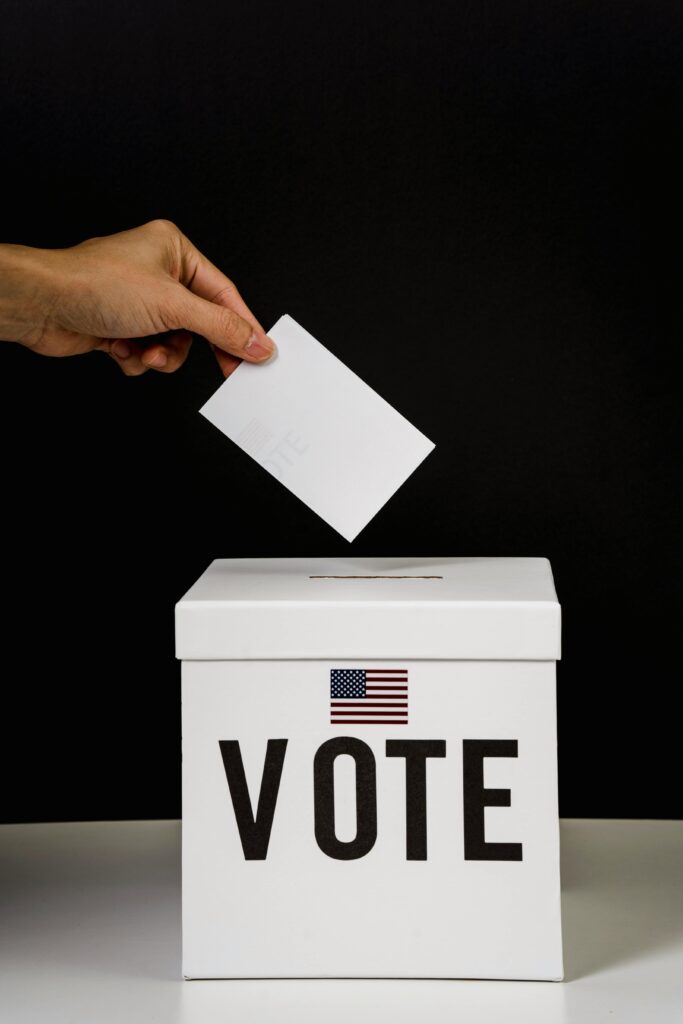Politics
Elections: The Cornerstone of Democracy and Good Governance
Introduction
Elections are the lifeblood of democracy. They represent the collective voice of the people, shaping leadership, policies, and the overall direction of a country. In democratic societies, elections provide a peaceful mechanism for citizens to express their will, choose representatives, and hold governments accountable. From the local council level to the presidential office, the election process defines the health and strength of any democracy.
This comprehensive guide explores the importance of elections, their types, challenges, and their role in global governance.
What Are Elections?
At its core, an election is a formal decision-making process where eligible citizens vote to select individuals or parties for political office. The goal is to ensure representation of the people and uphold the democratic principle that power belongs to the citizens.
its not limited to politics alone educational institutions, corporations, and even community organizations conduct elections to choose leaders and make decisions. However, in governance, elections hold the highest significance because they directly influence national policies and the future of millions.

The Importance of Elections in Democracy
- Representation of Citizens
allow people from diverse backgrounds to voice their opinions and select leaders who reflect their values and priorities. - Accountability of Leaders
Politicians are answerable to the people who elected them. If they fail, voters have the power to replace them. - Peaceful Transfer of Power
Instead of conflict or coups, elections ensure leadership changes through ballots, strengthening political stability. - Public Participation
foster civic responsibility and encourage citizens to engage in national development. - Strengthening Institutions
Transparent elections build trust in government institutions and reinforce the rule of law.
Types of Elections
Different kinds of elections serve different purposes:
1. General Elections
Held at the national or federal level to elect lawmakers, presidents, or prime ministers. Example: U.S. Presidential Elections.
2. Local Elections
Citizens vote for municipal councils, mayors, and city officials. Its impact communities more directly by shaping education, infrastructure, and healthcare.
3. By-Elections
Special elections conducted when a representative resigns, passes away, or is disqualified.
4. Referendums and Plebiscites
Instead of electing leaders, people vote directly on specific issues, such as constitutional changes or independence (e.g., Brexit Referendum in the UK).
5. Primary Elections
Used in some countries, like the U.S., where political parties select their candidates before the main election.
Global Election Systems
Different nations adopt different electoral systems to suit their governance models:
- First-Past-The-Post (FPTP): The candidate with the highest votes wins (USA, UK, India).
- Proportional Representation (PR): Seats are distributed based on percentage of votes a party receives (Netherlands, South Africa).
- Mixed Electoral Systems: A blend of FPTP and PR, balancing majority rule and fair representation (Germany, New Zealand).
Challenges in Modern Elections
Despite their importance, elections worldwide face several challenges:
- Voter Apathy
Low voter turnout weakens democracy and reduces representation. - Election Fraud & Rigging
Unfair practices like vote-buying, ballot stuffing, and manipulation undermine trust. - Misinformation & Fake News
Social media has amplified disinformation campaigns that mislead voters. - Accessibility Issues
Voters in rural areas, people with disabilities, or marginalized communities often struggle to exercise their rights. - Corruption & Money in Politics
Wealthy candidates often overshadow competent but less-funded ones.
The Role of Technology in Elections
Modern technology is reshaping elections:
- Electronic Voting Machines (EVMs): Faster and more efficient than paper ballots.
- Biometric Systems: Prevent identity fraud by verifying voter authenticity.
- Online Registration: Simplifies the voter enrollment process.
- Social Media Campaigns: Candidates use digital platforms to connect with voters but also risk spreading disinformation.
How to Ensure Free and Fair Elections
- Independent Election Commissions to regulate and supervise without political bias.
- Strict Anti-Fraud Measures to prevent corruption and rigging.
- Transparent Campaign Financing laws to ensure fair competition.
- International Election Observers to monitor and validate processes.
- Civic Education Programs to teach citizens about voting rights and responsibilities.
Elections and the Future of Democracy
As the world becomes more interconnected, the role of elections will continue to evolve. Digital voting, blockchain technology, and artificial intelligence may redefine transparency and efficiency. However, safeguarding democracy will require balancing technological advancement with security, inclusivity, and fairness.
FAQs About Elections
Q1: Why are elections important in democracy?
Elections ensure representation, accountability, and peaceful transfer of power, keeping democracy alive.
Q2: How often do general elections occur?
It varies by country. For example, every 5 years in India and every 4 years in the United States.
Q3: What is the difference between direct and indirect elections?
- Direct elections: Citizens vote directly for leaders (e.g., Members of Parliament).
- Indirect elections: Representatives elect leaders on behalf of the people (e.g., Presidents elected by electoral colleges).
Q4: How can voter turnout be increased?
Through voter education, simplifying registration, offering online voting, and encouraging civic responsibility.
Q5: What is electoral reform?
Changes to election laws or systems to improve fairness, representation, and efficiency.
Conclusion
Elections are more than a political event—they are a democratic responsibility. They determine who governs, how policies are shaped, and whether institutions remain strong. A free and fair election system ensures citizens have a voice, leaders remain accountable, and nations progress peacefully.
Every vote matters. By participating in elections, citizens not only shape their future but also uphold the very essence of democracy.